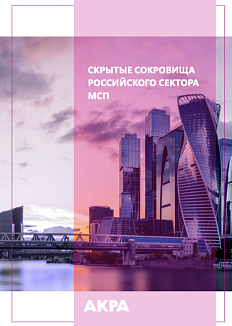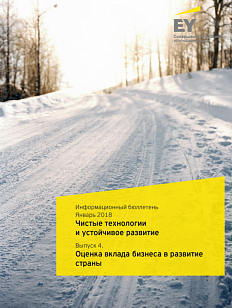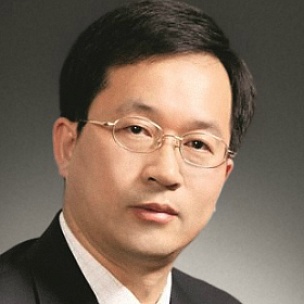What do you expect from SPIEF 2018?
Kaluga Region has been participating in the Forum since 2007. For our region, this is not only an opportunity to get involved in discussions about current issues. It is also a mechanism for expanding business cooperation. This year, we have a series of meetings planned, each of which is vitally important for the future development of industries in the region. But, of course, my chief expectation is that we will reach agreements to implement new projects. In various years, agreements have been signed at the Forum with Samsung, Volvo, Novo Nordisk, Nestlé, and more. Today those are all going concerns, bringing in revenue for the region. They have created well-paid jobs.
We believe that SPIEF 2018 will be no less productive. We plan to sign an agreement with the Russian company Centre-Trade to build a plant to manufacture construction and engineering products at Borsino Industrial Park. Negotiations are underway with another Russian company planning to construct a processing facility at the K-Agro Agricultural Park, and for a series of other projects.
How can the region’s economy be diversified?
Our experience in Kaluga Region has proven that the most effective approach is the cluster approach. The region’s high degree of competitiveness resides precisely in the strong positions enjoyed by individual clusters. If difficulties arise in one industry, they are compensated for by growth in other sectors. That is how we maintain balance in the budget and social stability.
For example, after sanctions were introduced in 2014, people bought fewer cars and major appliances. If Kaluga Region had depended on those products alone, we would have experienced serious problems. Manufacturing food products, medicines, construction materials, and metals gave us a safety net.
Today we are building up ten industrial clusters which are the main drivers of development. Within these clusters, hundreds of serious investment projects are being carried out, research centres are opening, scientific organizations are developing, and all businesses are becoming more competitive.
Kaluga Region will continue the policy of having the cluster approach serve as the basis for economic development. The key areas are pharmaceuticals, the car industry, logistics, agriculture, construction, IT, nuclear technologies, and tourism. In the future, building networked clusters will facilitate cooperation between science and industry, and make scientific developments profitable, allowing us to make the economic transition from an industrial economy to an innovative economy.
What is more important: meeting current obligations, or working towards the future?
Working towards the future is one of the main responsibilities of any regional head, so it’s impossible to separate those two concepts, or choose which is more important. One assumes the other.
Source: SPIEF-2018 Official Magazine





